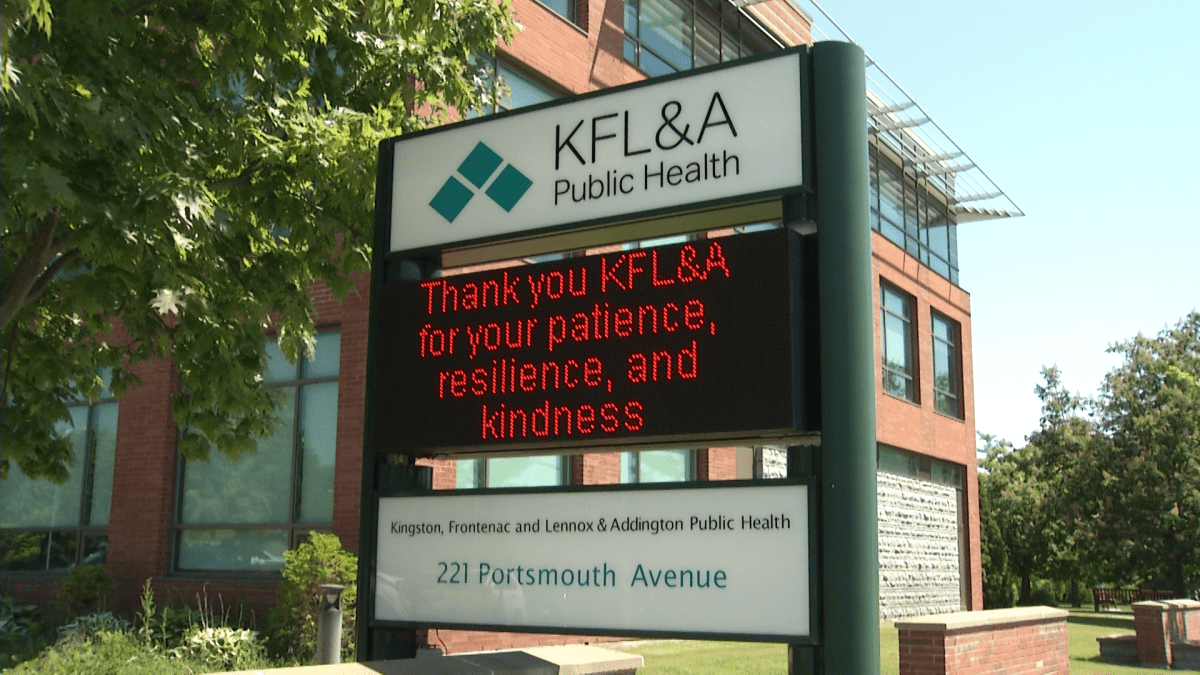Health officials are warning about a rise in cases of invasive meningococcal disease type B (IMD) in the Kingston, Ont., area.

Kingston, Frontenac and Lennox & Addington (KFL&A) Public Health says the region has had three confirmed cases of the serious bacterial infection in recent months, with no identifiable link between them. The numbers are above the region’s historical average.
All of the confirmed cases have been type B, which health officials say is not normally covered in routine immunizations in childhood.
While rare, IMD is a potentially life-threatening bacterial infection that can infect the brain and spinal cord, as well as the blood stream, officials from KFL&A said in a media release Thursday.

Get weekly health news
The health authority warns all meningococcal infections are medical emergencies.
“Invasive meningococcal disease is a serious infection that can progress rapidly and have severe consequences if not treated promptly,” said Dr. Piotr Oglaza, medical officer of health at KFL&A Public Health.
“It’s important to recognize the signs and symptoms of meningococcal disease and seek medical care immediately if illness is suspected.”
Symptoms of IMD may initially resemble the flu, then rapidly worsen, health officials said.
IMD symptoms can include:
- sudden fever
- intense headache
- stiff neck
- nausea
- vomiting
- sensitivity to light
- purplish skin rash
The health authority says meningococcal bacteria spreads person to person through close and direct contact (e.g., open-mouth kissing or sharing of drinking cups, eating utensils, vapes, etc).
While they continue to investigate the rise in cases, officials are encouraging those aged 25 and under to make sure they are up to date with routine meningococcal vaccines.
Individuals are encouraged to contact their health care provider to consider privately purchased immunization against meningococcal B.
For more information about invasive meningococcal disease and vaccination can be found at the KFL&A website.








Comments